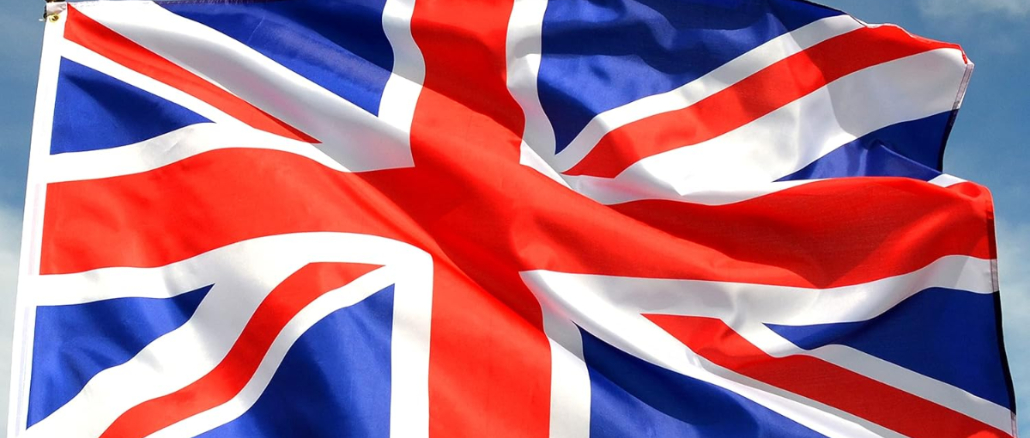
The UK government is preparing to introduce a nationwide digital identification scheme for adults, aiming to curb illegal immigration and reduce irregular Channel crossings.
Centralised Digital Verification
Unlike the current identification process, the proposed system would verify each ID against a central government database, allowing authorities to confirm an individual’s eligibility more securely.
According to Sky News, Prime Minister Sir Keir Starmer is expected to formally announce the initiative in the coming days.
Introducing the “BritCard”
The digital ID, to be known as the BritCard, will serve as official proof of the right to live and work in the UK. Adults will be required to hold this ID, which can also be accessed through a smartphone app. The app will allow employers and landlords to quickly confirm a person’s legal status.
Government officials say the BritCard will streamline how residents prove their right to work or reside in the country. Implementing the plan will require new legislation after a public consultation.
Rationale for the Policy
Authorities argue that physical documents are vulnerable to forgery, creating loopholes exploited by undocumented migrants. A fully digitised system is expected to close those gaps and cut access to the black economy.
Labour peer Harriet Harman previously told Sky News that such measures would make it far harder for people without legal status to find work.
French President Emmanuel Macron has also cautioned that the UK’s absence of ID cards encourages Channel crossings, as migrants believe they can secure illegal employment.
Broader Immigration Reforms
The digital ID proposal aligns with the government’s wider migration overhaul. On May 12, 2025, Prime Minister Starmer unveiled a major immigration White Paper focused on long-term integration and reducing reliance on foreign labour. Key measures include:
Privacy and Civil Liberties Concerns
While the government believes the BritCard will strengthen immigration enforcement and deter illegal work, critics are expected to raise concerns over privacy, surveillance, and the balance between national security and individual rights.
Copyright © 2025 Gistlover Media. All Rights Reserved
